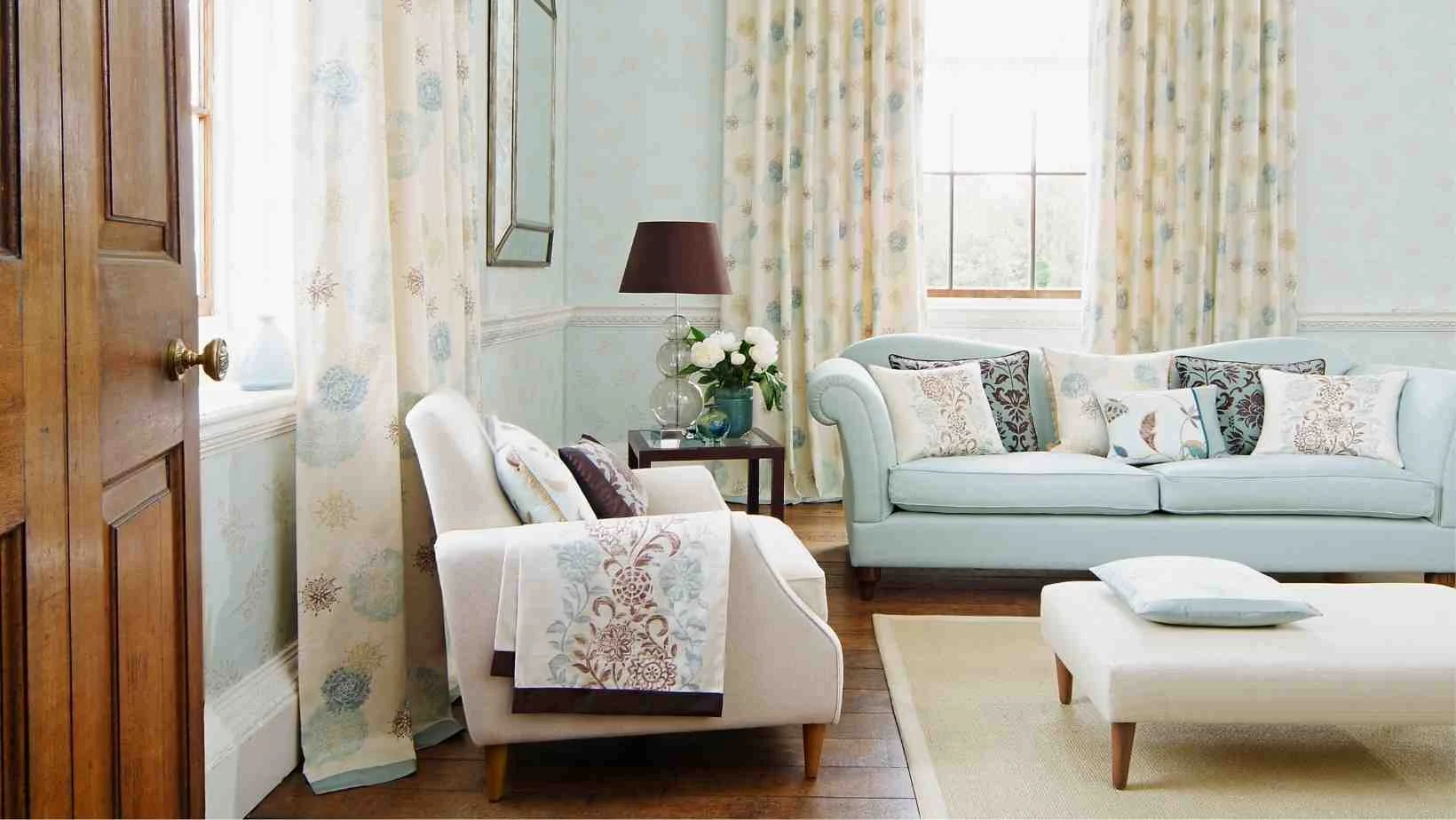AD With the cost of gas and electricity getting ever higher we all need to review how we are using our heating and minimise the increasing cost of energy bills. While there are lots of ways to ensure your boiler and radiators are working as efficiently as possible it might be better to start by making sure that as little heat is loss from your house as possible. Insulation and draft proofing your home can make a big difference to how much you use your heating and now is a good time to make those changes.
 |
| There are lots of ways you can better insulate your home to spend less on your energy bills |
What To Focus On To Draught Proof Your Home
Windows
Double or triple glazing can make a big difference and has to be a big priority if you have single glazing, but many of our homes have had double glazing for years. Some double glazing will only last about 20 years and if you are noticing condensation between the glass or a draught from around the windows it can indicate the seal is damaged and they need looking at or replacing.
If this is out of your budget right now there are cheaper short term options you can consider like hanging thick well-fitting curtains and putting up window insulation film in winter to provide an extra barrier to warm air escaping (and cold getting in). Thick insulating curtains which block out light will also help you sleep better in summer. In winter there is an increased risk of damp as warm air will condensate on cold windows so make sure you regularly clean the windows to prevent mould. Even with this added hassle you'll notice the benefits of keeping curtains closed at night and on the coldest days in preventing heat loss.
External Doors
Just like windows over time external doors can degrade and let draughts in (and not just when they are open). Weatherstripping (around the edge) and door sweeps (at the bottom) can get damaged over time leaving gaps, but they can be replaced relatively cheaply. Another popular option is hanging an insulating curtain on the wall next to the inside of the door. This works particularly well on back doors, or doors that are used less often. You need to ensure they are fitted so you can still safely get in and out of the house.
Internal Doors
Sitting next to a door with a draft blowing through it is uncomfortable as well as inefficient, so if your internal doors aren’t well fitting this is worth looking at. There are times that it is not worth heating all the rooms so you will want to ensure heat stays where you want it by keeping the door closed. As a bonus a well fitted internal door can make a big difference if you are unlucky enough to have a house fire. The cost of fitting an internal door might be less than you would think.
Loft
In an uninsulated home a quarter of heat is lost through the roof so it is worth looking at what is in your loft if you have access. If your loft has no damp or condensation problems you might be able to insulate it yourself. Don’t forget to look at how well fitting your loft hatch is too, as this can be a cause of draughts coming into the house from a cold roof space.
Floors
Depending on the type of flooring you have downstairs and what is underneath this may be an area to look at to keep your house warmer in winter. Tiles or old wooden boards can cause draughts so look at picking up a few rugs for extra insulation, they can make your home feel cosier too.
Heat the Right Rooms
While it is generally better for houses to have good air circulation and to keep all rooms warm (eg for damp prevention) whether it makes sense financially depends on your house and lifestyle. If you work at home for instance and have rooms that aren’t used during the day it doesn’t make sense to keep heating those rooms as much of the heat will get lost. Either keep the doors to those rooms shut, or keep the internal door to the areas you are working in closed and just heat where you are. Smart radiator valves or heating zones for different areas of the house will help prevent the need to manually turn individual radiator thermostats on and off.
It's likely that the cost of heating our homes is going to continue to rise so investing in small changes makes a lot of financial sense.


















No comments
Thanks for your comment (unless it's spam in which case, why?)